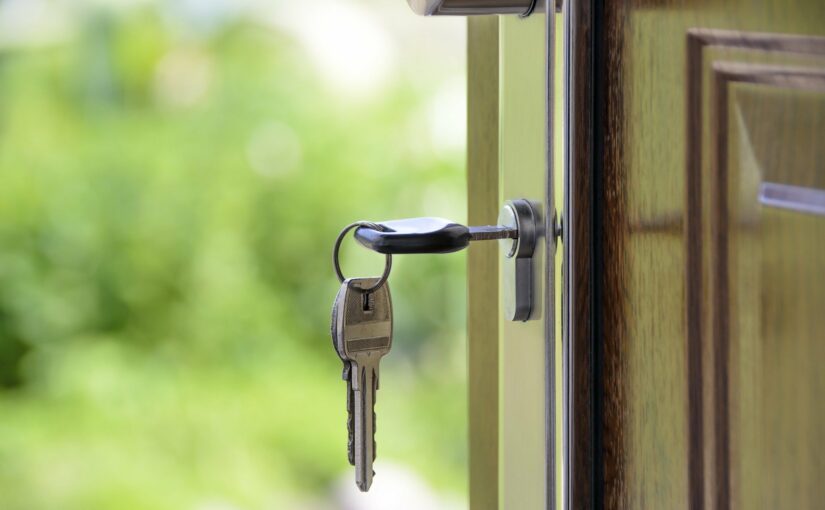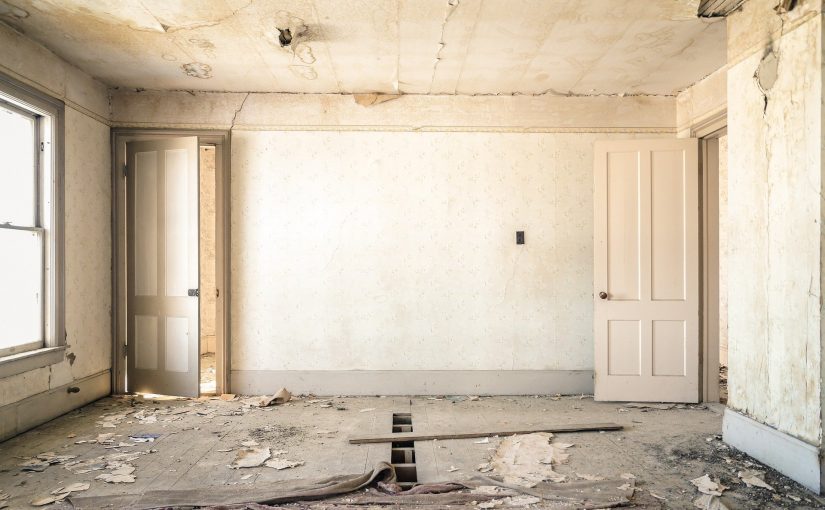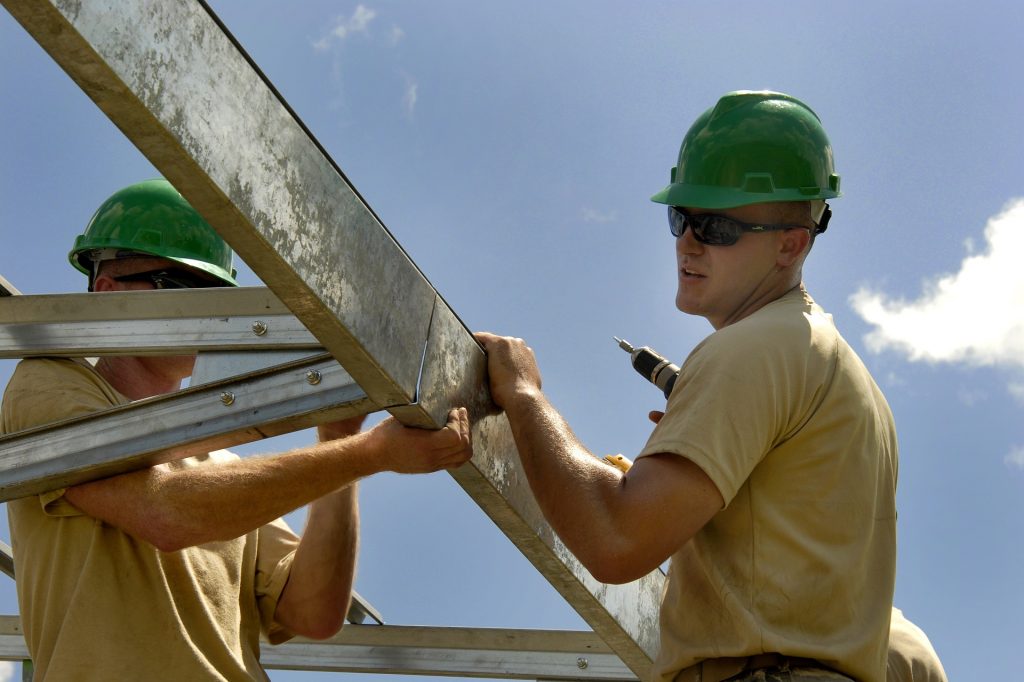Fixer upper to cosy home, or better, how to purchase an old, inexpensive, run-down house and turn it into a gorgeous property everybody loves.
It doesn’t matter if you are planning to purchase a fixer upper to turn it into a home for yourself or if you are planning to make some money in the resale afterwards – you will definitely benefit from the following tips to get you through this challenging mission.
Fixer Upper to Cosy Home
The idea is simple, you buy an old building in need of repairs for a great price and a few buckets of paint later it has become a dream home. There are so many tv shows out there where exactly that happens. Of course, it all looks so easy. In reality it is not as simple as it looks. To turn your renovation project into a success lets look at a few areas that need to be considered.
1 Buying the right house
It all starts with picking the right building to start with. The biggest or cheapest real estate is not necessarily the best choice. You have to consider several factors here, especially if you are thinking to sell it after you’re done with it. What are the prices in this location for a home in a good condition? How much will the renovation cost? Is there a lot of demand for houses in this location with this size? To answer these questions, you might need to make a bit of an investigation and talk to a few people. After making all your maths you will see beforehand if it is actually worth it to jump into this venture.
Getting the right project for YOU is the key here. A house that fits in your budget and skills. This is not only the first but the most important decision you need to do.
2 Getting professional help
Unless you are a professional yourself it is always worth it to have some expert by your side to help or to guide you. If you don’t want to get a contractor for the whole job to save some money, you might be able to use him just for some stuff that you find more difficult. This will take some pressure out of you and you can be sure it’ll be a job well done. While you leave those difficult parts to someone else you can concentrate more in the other things that need doing. One thing is for sure, there is always more to do!
A lot of renovation works are not that complicated. It is amazing how quickly one can learn the basics by watching some YouTube tutorials.
3 Planning and Research
With careful planning and some research, you can guide your project in the right direction. This is of course, if you like to make changes to the layout of the house. Best would be to consult with a realtor to see what the clients usually like or dislike. Find out what they have on their wish list and think about a wow-factor you can add to your home. This can make a huge difference in the end.
Just as an example. If your project is in a hot climate, homebuyers might really love to have a pool in their backyard. If you are able to add one for, let’s say 10,000, but in the end, it will make your real estate be worth 20,000 more because of that, it’s totally worth it.
4 Get your hands dirty
You can save a lot of cash if you are working on your own house. There are so many things that are easy enough to do, even if you are not a handy person.
If you belong to this rare specie that can’t even put a nail in the wall, still there are many things you can do. For example, there is always cleaning up to do and often workers can tell you how you can prepare some works for them. This will make their jobs easier and as a result save you some money.
5 Shop around
When it comes to using the right materials for your renovation project it is always worth to shop around for special offers or to find out if the DIY shop offers discounts if you buy a certain amount.
6 Don’t hide – be open about your plans
Keeping an open communication with the neighbours and passers-by is a great way to find a buyer or tenant. Don’t underestimate the power of the word of mouth.
A construction project usually triggers a lot of interest with the neighbours. They all like to know what’s happening and who is going to move there. They might just know the right person who wants to live in your house once its finished.
7 Decorate wisely
When it comes to choose the right colours and decoration it is always good to get a few opinions. Especial value those of people who are usually dealing a lot with home buyers and tenants. Often it is a good choice to keep it simple/neutral and just set a few highlights.
8 Set a budget
When it comes to your budget, be realistic. Doing your maths is one of the biggest challenges and nearly impossible to get it 100% right. Therefore, don’t plan to spend your last penny, always keep a buffer for unexpected costs.
9 Time
When it comes to time, I never met anyone who could stick to a certain time frame when doing his own renovations – except in tv shows. I believe usually time is estimated very optimistic. Therefore, don’t be disappointed if you can’t finish in a certain time frame. Depending on the scale of you project it is always good to give a few days or weeks extra in case something takes more time than expected.
10 Stay positive
Yes, sometimes a positive attitude can make all the difference. Keeping your spirits up can give you the motivation you need to get the job done: turning your fixer upper into a cosy home.










